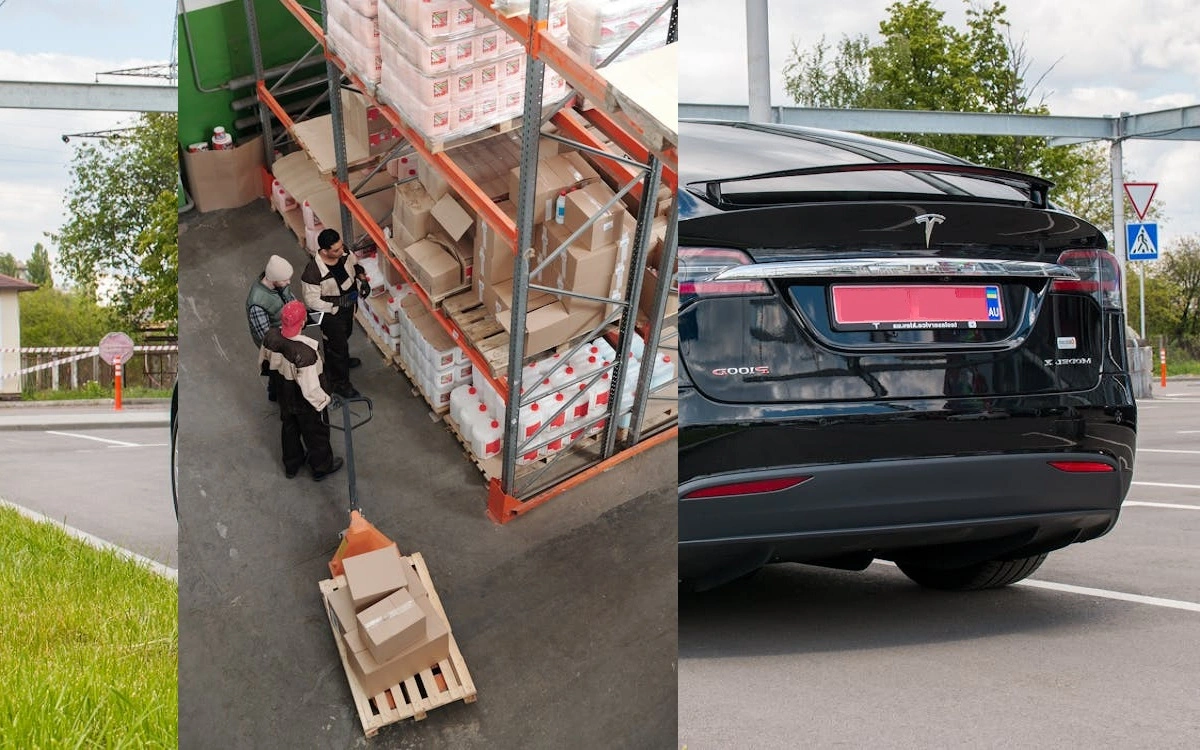|
Getting your Trinity Audio player ready...
|
In a dramatic development, a class-action lawsuit filed on May 28th, 2024, has leveled serious allegations of “severe” and pervasive racism against electric vehicle giant Tesla’s manufacturing plant in Palo Alto, California. The lawsuit, brought forth by a group of current and former Black employees, paints a disturbing picture of a workplace environment marred by racial discrimination, harassment, and a culture of intimidation.
The plaintiffs, represented by prominent civil rights attorneys, accuse Tesla of fostering a hostile work environment where racial slurs, derogatory remarks, and discriminatory practices were commonplace. According to the lawsuit, Black workers were routinely subjected to offensive racial epithets, denied promotions and advancement opportunities, and faced disproportionate disciplinary actions compared to their non-Black colleagues [1].
One of the lead plaintiffs, Jamal Williams, a former assembly line worker, described the Palo Alto factory as a
plantation-like atmosphere
where Black employees were treated as
second-class citizens.
Williams alleges that he was frequently called the N-word and other derogatory terms by coworkers and supervisors, and was passed over for promotions despite his qualifications and experience [2].
The lawsuit also alleges that Tesla’s leadership failed to address complaints of racial discrimination and retaliated against those who spoke out. Several plaintiffs claim they were fired or forced to resign after reporting incidents of racism and harassment to human resources or management.
Tesla CEO Elon Musk, known for his outspoken and often controversial statements, has not yet publicly commented on the allegations. However, the company has released a statement denying the claims and vowing to vigorously defend itself in court.
Legal experts and civil rights advocates have expressed concerns about the potential implications of the lawsuit, citing the need for a thorough investigation and accountability.
If these allegations are proven true, it would represent a systemic failure of Tesla’s leadership and corporate culture,
said Dr. Evelyn Johnson, a professor of labor law at Stanford University [3].
The lawsuit comes at a pivotal time for Tesla, which has been grappling with production challenges, supply chain issues, and increasing competition in the electric vehicle market. The company’s reputation and ability to attract and retain a diverse workforce could be significantly impacted by the outcome of this case.
Tesla’s Palo Alto factory has long been a source of pride for the company, serving as a symbol of its technological innovation and commitment to sustainable transportation. However, the allegations of racial discrimination have cast a dark cloud over the facility, raising questions about the company’s commitment to creating an inclusive and equitable work environment.
As the legal battle unfolds, all eyes will be on Tesla and its leadership to address these serious allegations transparently and decisively. The outcome of this case could have far-reaching implications not only for Tesla but for the broader tech industry, where issues of diversity, inclusion, and workplace culture have been longstanding challenges.
For More News Update Visit California News



